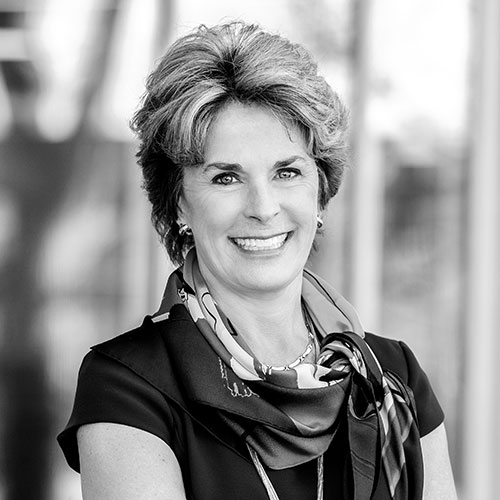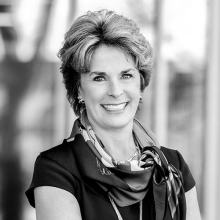Introducing the Honoring Families Initiative
“It seems that the wag who once said ‘marriage is grand—divorce is a hundred grand’ was underestimating the situation.” So began Chapter 8—which focused on divorce and child custody cases—in our 2011 book, Rebuilding Justice.
Divorce and resolution of child custody issues take a toll. They take a toll on families, they take a toll on the courts and they take a toll on a variety of other impacted communities (even employers). Today, we are seeing more complicated family situations, more complex subject matter law, greater reliance on the courts as “emergency rooms” for every issue, an influx of self-represented litigants, and several other complicating factors. All told, the toll is simply becoming too much to bear—for families, for courts, for communities. As Justice Paul DeMuniz of Oregon recently pointed out in a post on IAALS Online, it’s not clear that the current system is working for families.
Which is why we’re formally launching our Honoring Families Initiative. Aligned with the greater mission of IAALS, Honoring Families is dedicated to advancing empirically informed models to ensure greater accessibility, efficiency, and fairness in divorce and child custody matters. To help us, we have pulled together a team of advisors who represent practitioners, jurists, researchers, and advocates who have committed their professional lives to finding a better way to work with transitioning families. With the help of a virtual working group of family law experts from around the country, we’re drafting a white paper that aggregates leading family law research and identifies opportunities to develop new and better systems for separating and divorcing families in the United States.
We’ve also convened an interdisciplinary steering committee that has been charged with creating a business plan for a first-of-its-kind on-campus center that will provide interdisciplinary services at the University of Denver starting in 2013. The center will give the Denver community an alternative to the traditional adversarial system—and it gives us a testing ground for models and measurement tools that can be continuously improved and shared around the country.
At IAALS, we know that systemic change does not happen overnight. The journey toward it is marked by incremental changes that are monitored, measured, and improved. Today, with the launch of an initiative committed to identifying solutions for transitioning families, we’re taking one step forward on what will certainly be a long and rewarding journey.
IAALS is a national, independent research center at the University of Denver dedicated to continuous improvement of the process and culture of the civil justice system. IAALS has four initiative areas. Quality Judges identifies and recommends empirically informed models for choosing, evaluating and retaining judges that preserve impartiality and promote accountability. Rule One identifies and recommends court processes and procedures that provide greater access, efficiency, and accountability. Honoring Families advances a dignified and fair process that is more accessible and responsive to children, parents, and families. Educating Tomorrow’s Lawyers identifies innovative models of legal education that ensure knowledgeable, ethical, and practice-ready professionals.


